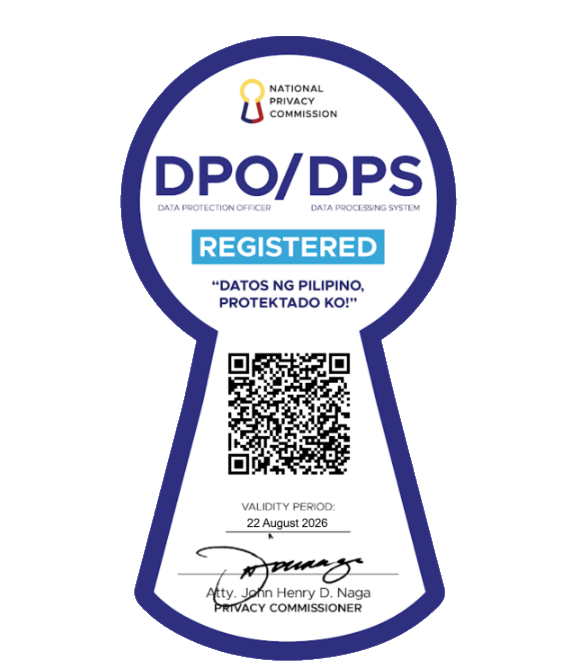#GoingGlobal: VSU partners with Nanyang Technological University for coral reef conservation
- Details
- Written by Victor Neri
-
Published: 06 May 2025
VSU has officially inked a partnership with Nanyang Technological University (NTU) of Singapore to promote coastal resilience and marine biodiversity by conducting groundbreaking research on conserving coral reefs.
This new partnership between the two institutions aims to explore the eco-geological roles of coral reefs through a project titled “Integrating Past, Present, and Future Coral Reef Functions across Visayas and Surigao del Norte, Philippines,” which aims to yield transformative insights and information on coral reefs conservation strategies.
The ceremonial signing, held on April 8, 2025, at the VSU Board Room, was led by VSU President Dr. Prose Ivy G. Yepes and Dr. Riovie Ramos, a research fellow from the Earth Observatory of Singapore (EOS) at NTU.
The faculty members and staff from the VSU Department of Biological Sciences (DBS), as well as the team from NTU composed of Filipino and Singaporean researchers and graduate students, were also present during the said activity.
This research agreement marks a major milestone for VSU’s academic and research collaboration, aiming at addressing pressing global challenges that cause environmental and marine degradation.
A Science-Driven Mission for Coral Reef Conservation
According to studies, coral reefs are the most diverse marine organisms that serve as a habitat for other organisms living below water, which supports fisheries, aquaculture, and tourism.
However, due to climate change and human activities, reefs across the region and other parts of the country have been severely degraded.
Through this partnership, VSU and NTU will work together to bridge the reconstruction of reef histories and find solutions to the degradation of this vital organism under various climate scenarios by providing datasets for scientific purposes.
“This project is a wonderful opportunity to combine the expertise of VSU and NTU to examine and safeguard this vital marine ecosystem- the coral reef ecosystems. These are essential not only for marine life but also for the coastal communities,” Dr. Yepes said during the signing.
The research will be done across three time frames: past, present, and future. These timeframes will quantify the growth of the coral reef, degradation, and recovery potential.
Among the areas identified as study sites are Cuatro Islas, Kalanggaman, Sambawan, Canigao, Limasawa, and other areas outside the region. These study areas serve as ideal natural laboratories for this study since they span from pristine to human-impacted sites essential for data gathering.
Capacity Building and Shared Commitment to Coastal Resilience
As stipulated in the agreement, Assistant Professor Rafael Junnar Dumalan of the Department of Biological Sciences (DBS) will serve as the local coordinator and co-researcher along with the DBS students and staff who will support the data collection and analysis, as well as facilitate the fieldwork logistics.
This collaboration will benefit VSU students and researchers through training, acquired learnings such as manuscript preparation mentorship, and opportunities to engage in high-impact international scientific publications.
“All in all, we inked to produce quality scientific research and innovative, impactful outputs not only for research publications but hopefully will end up with conservation strategies for coral reefs. We hope to share the knowledge and all the techniques that we are using for this project with everyone who is involved in the realization of this project,” said Mr. Darryl Anthony Valino, a research associate of NTU-EOS, during his speech.
This collaboration also upholds the university’s research transparency and institutional guidelines that will contribute to VSU’s vision to become a global green university.
Furthermore, this partnership is a major milestone not only for VSU’s academic collaboration but also for environmental research that addresses one of the pressing global challenges: coral reef degradation.
Through this coral reef project, VSU and NTU will yield transformative insights for coral reef conservation strategies to help secure food availability and livelihood resources for residents in coastal communities in the region and beyond.
This article aligns with Sustainable Development Goals: 13 (Climate Action), 14 (Life Below Water), 15 (Life on Land), and 17 (Partnerships for the Goals).


